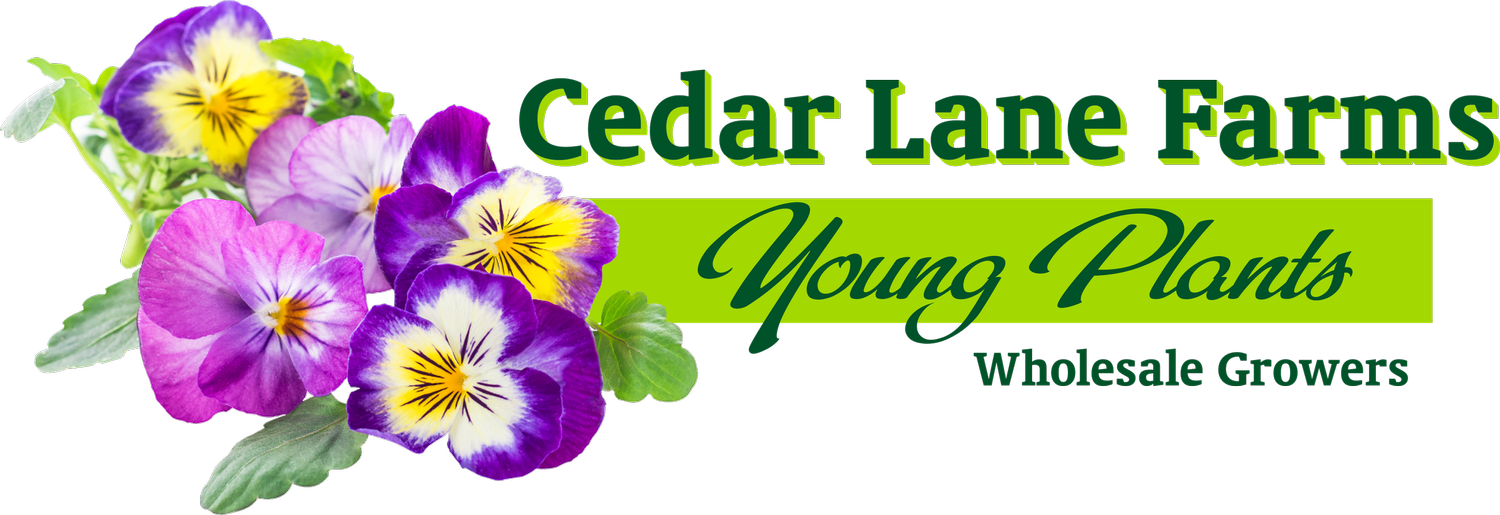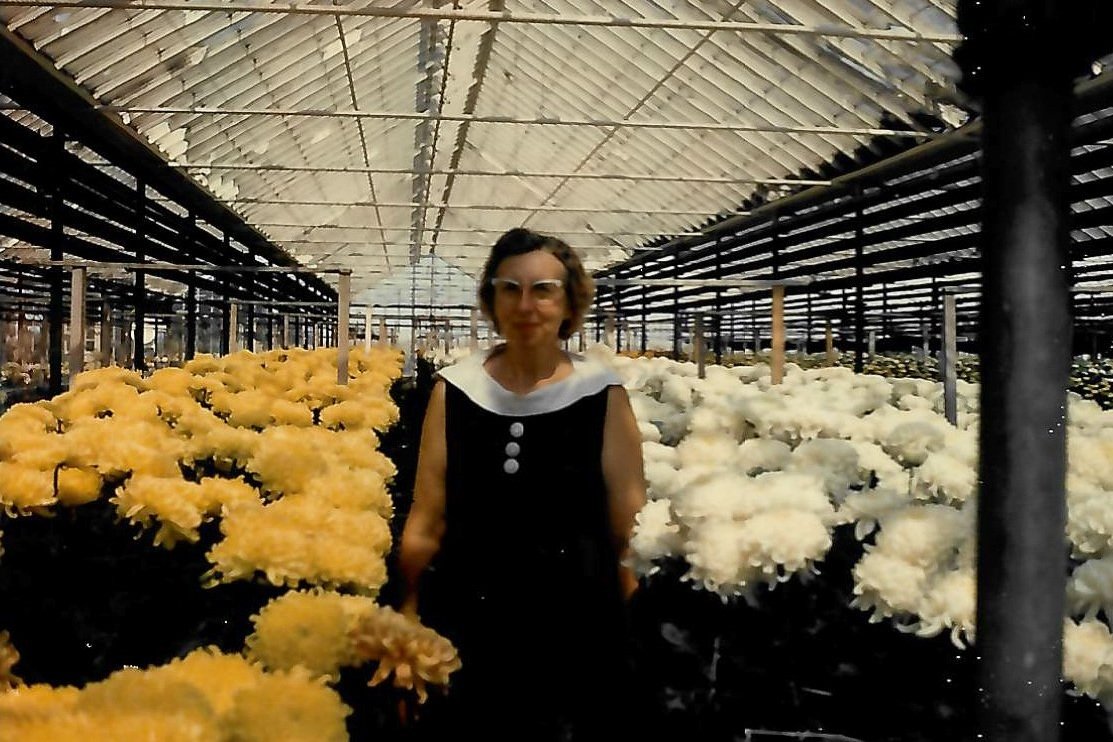
About Cedar Lane Farms
C.Z. Yoder of Wooster, Ohio founded Cedar Lane Farms in 1895. In the beginning, the greenhouse crop was only leaf lettuce. In the early 1900,’s the greenhouse saw many new vegetable and flower crops added to their crop rotation. A few decades later, the 1930s brought a different focus, vegetables were replaced with cut flowers. After processing, flowers were shipped via railway, only 1.5 miles away in Weilersville, to customers in Cleveland, Detroit, other Ohio cities, and surrounding states.
By the late 1930s and early ‘40s they started installing a new innovative gravel culture growing system, known today as Hydroponics. During the same period Cedar Lane Farms became the head producer of hybrid cut snapdragon seed for the entire United States.
Due to the energy crisis of the 1970s and the affordability of shipping flowers by air, Cedar lane farms was sold to a non-family member in 1976.
In 1986 Cedar Lane farms again sold to two employees of the greenhouse corporation. Bill Williams and Tom Machamer became the new co-owners. Instantly faced with a dying cut flower business due to cut flowers being imported from South America and Mexico at a much lower cost, they needed to find a new crop to grow. Bill and Tom successfully switched the greenhouse crops from the year round cut flower production to potted and seasonal bedding plants by the early 1990s.
As the greenhouse business expanded, the co-owners went on to purchase another small greenhouse that was 80,000 square feet, known as Scheley’s Greenhouse on Cedar Valley Road in West Salem, Ohio. They spent many years modernizing and updating this new space. The company officially moved their location from the Back Orrville Road location to the Cedar Valley Road location in 2019.
The year 2021 brought exciting new changes to Cedar Lane; Oakland Nurseries, a longtime customer, purchased the corporation.
Cedar Lane Farms currently supplies local and regional greenhouses, garden centers and box stores with excellent quality seasonal potted and bedding plants, along with shipping rooted vegetative cuttings across the United States.




